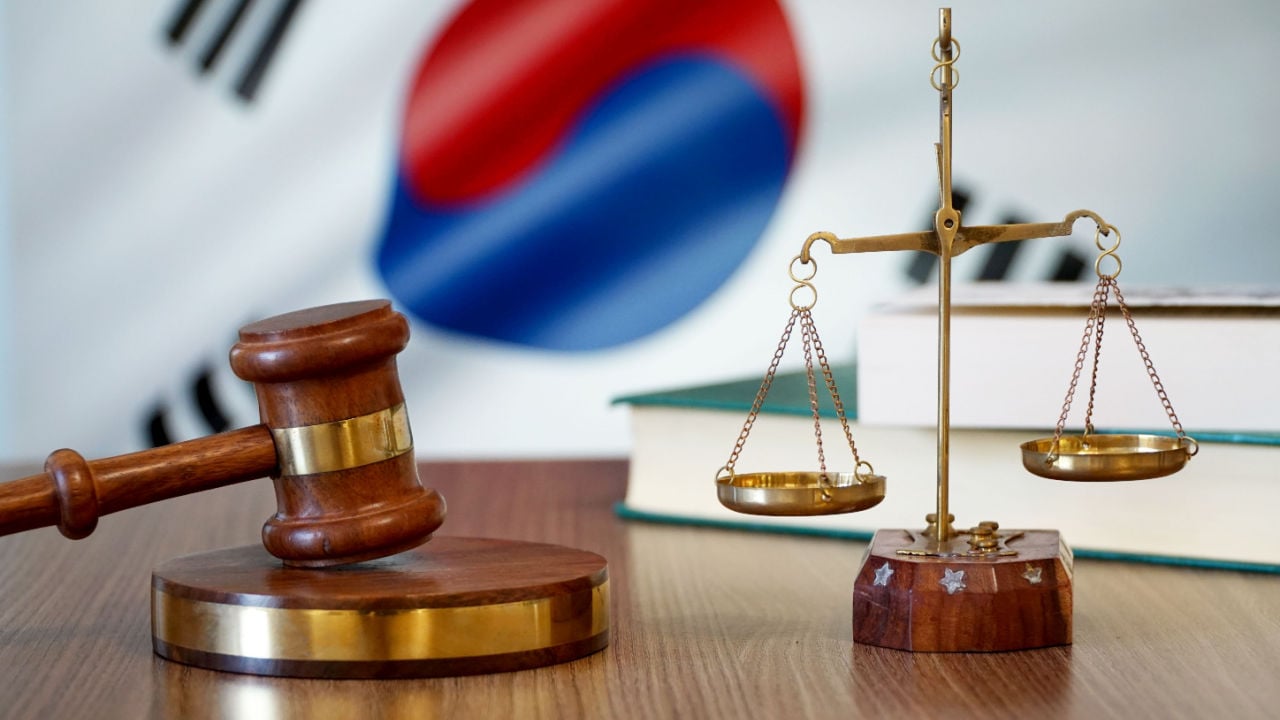South Korean Court Denies Arrest Warrant for Terraform Co-Founder Daniel Shin

A court in South Korea has again denied the arrest warrant for Daniel Shin, a co-founder of Terraform Labs who is being investigated for fraud. Shin has been accused of illegally profiting from the sale of over $100 million worth of the luna cryptocurrency before it collapsed.
Seoul Court Leaves Terraform Co-Founder at Large Citing Low Flight Risk
The Seoul Southern District Court has rejected a request by the Prosecutor’s Office for the pre-trial detention of Shin Hyun-seung, a co-founder of the failed blockchain firm Terraform Labs also known as Daniel Shin. He is believed to have played a key role in the collapse of the company’s cryptocurrencies, luna and the stablecoin terrausd.
On Thursday, the arrest warrant for Shin was denied for a second time, with the court stating that he is unlikely to be a flight risk or destroy evidence, the Yonhap news agency reported. The crypto entrepreneur is under investigation for illegal profits made before the coins crashed last year.
Prosecutors first sought an arrest warrant for Shin in November and the court rejected their initial request. They filed the warrant again after last week’s arrest of Do Kwon (Kwon Do-Hyung), another of Terraform’s founders.
 Daniel Shin and Do Kwon
Daniel Shin and Do Kwon
Kwon was detained in Montenegro while trying to board a flight for Dubai. South Korean authorities seek his extradition which is likely to take time. According to his Montenegrin lawyer and the country’s justice minister, he is first going to stand trial in the Balkan nation for traveling on a fake Costa Rican passport.
In South Korea, Daniel Shin faces multiple charges of fraud and violations of the laws governing capital markets, financial transactions and information. He is suspected of storing pre-issued luna, obtaining 140 billion won (almost $108 million) by selling the tokens at a high price point, and failing to inform investors about the risk of the two cryptocurrencies collapsing.
Shin is also allegedly responsible for using customer information and funds of a fintech firm he headed, Chai Corp., to promote luna. He has denied all these charges, insisting that he was not connected to Terraform Labs after leaving the company in March 2020, when he founded Chai Corporation.
According to a report by the KBS, the national broadcaster of South Korea, the Seoul court acknowledged that the charges had been largely verified but pointed out that the risk of destroying evidence has been mitigated with the arrest of Kwon. It also highlighted the need to allow Shin to exercise his right to defend himself.
Montenegro’s Interior Minister Filip Adžić revealed this week that investigators found three laptops and five mobile phones belonging to Kwon containing lots of “very interesting” information. During a press conference with Montenegrin Justice Minister Marko Kovač in Podgorica, officials announced that South Korea and the U.S., which also seeks Kwon’s extradition, have both requested the devices.
What do you think about the South Korean court’s decision to deny the arrest warrant for Terraform’s co-founder Daniel Shin? Share your thoughts on the case in the comments section below.
Image Credits: Shutterstock, Pixabay, Wiki Commons
Disclaimer: This article is for informational purposes only. It is not a direct offer or solicitation of an offer to buy or sell, or a recommendation or endorsement of any products, services, or companies. Bitcoin.com does not provide investment, tax, legal, or accounting advice. Neither the company nor the author is responsible, directly or indirectly, for any damage or loss caused or alleged to be caused by or in connection with the use of or reliance on any content, goods or services mentioned in this article.
Read disclaimer
Comments are closed.